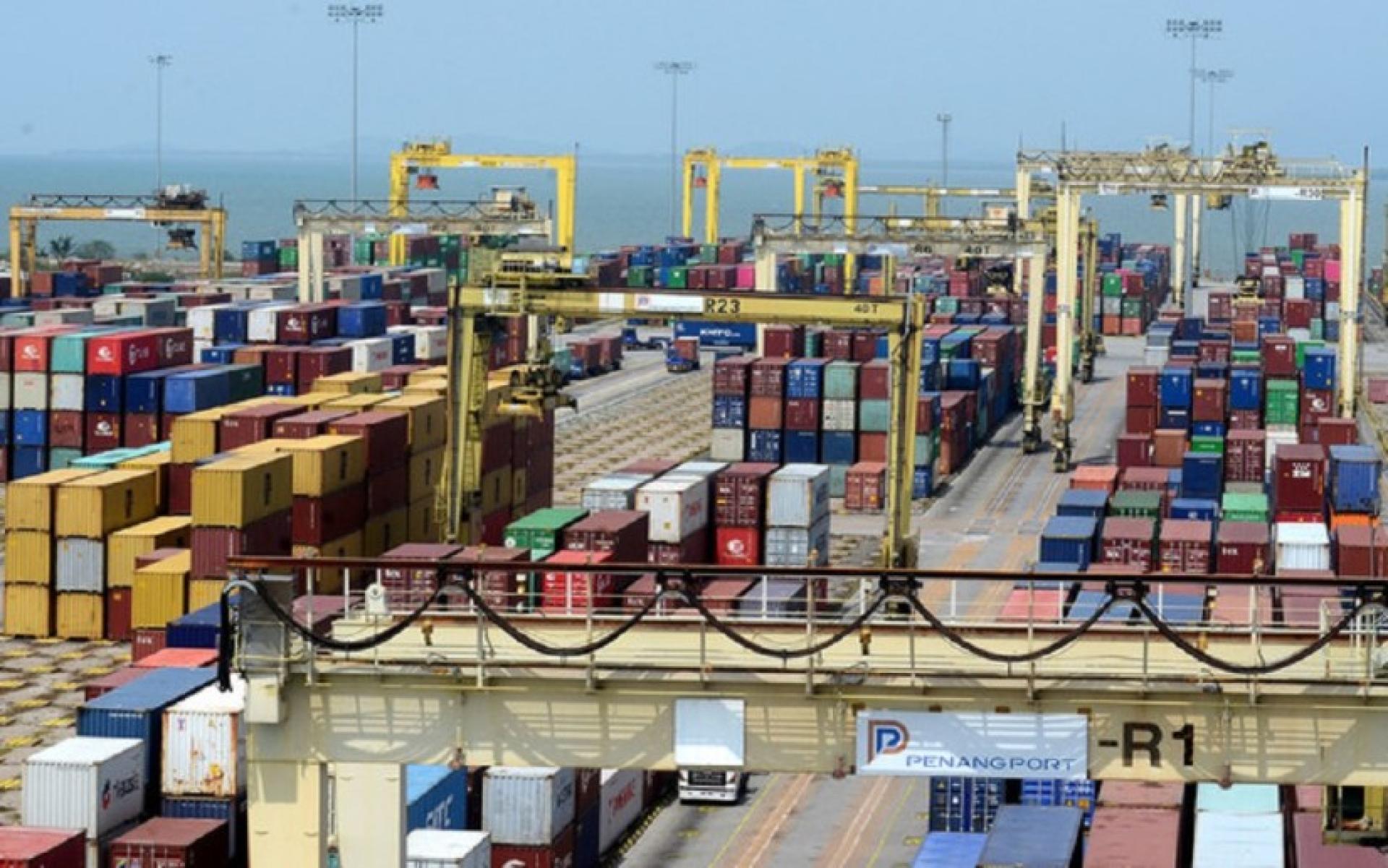(Kuala Lumpur, 23rd) Economist Dr. Ng Lin Tai pointed out that tariffs, rare earths, and other critical minerals are expected to become one of the key topics of discussion when US President Trump attends the 47th ASEAN Summit.
Ng Lin Tai, who is also a senior lecturer at the Faculty of Economics, University of Malaya, told Bernama that although there is no concrete indication that the US will remove tariffs on Malaysian exports—including pharmaceuticals and furniture—tariffs are expected to be a crucial topic in bilateral discussions during the summit.
“I believe Malaysia will advocate for relief or review mechanisms targeting specific industries, focusing on sectors where value-added production benefits both countries’ economies.”
He said that while a full exemption or immediate removal of tariffs is unlikely, the US committing to reviewing existing tariffs or engaging in structural negotiations already represents a constructive step forward.
“Even a positive signal of flexibility can help restore business confidence and encourage investment in Malaysia’s manufacturing base, which has been adapting to the realignment of global supply chains.”
Currently, goods exported from Malaysia to the US are subject to a 19% tariff.
On September 25, Trump announced that, starting from October 1, the US would impose a 100% tariff on any brand or patented pharmaceuticals unless the company establishes pharmaceutical plants in the US, a 50% tariff on all kitchen cabinets, bathroom vanities, and related products, and a 30% tariff on upholstered furniture, with Malaysia not spared.
Regarding semiconductor exports, Ng Lin Tai said that Malaysia currently enjoys tariff exemptions under US national security review, reflecting Malaysia’s role as a trusted node in the global electronics supply chain.
“Given the close business interdependence between US tech companies and Malaysian manufacturing, I believe Malaysia will seek to maintain this zero-tariff status through engagement at both governmental and industry levels.”
“Maintaining stable semiconductor trade flows serves the interests of both countries and lays the foundation for broader technology and digital economic cooperation.”
Although future US tariff adjustments cannot be ruled out, Ng Lin Tai believes that maintaining current exemptions will send a message of continuity and demonstrate confidence in Malaysia’s contribution to the global tech ecosystem.
On the topic of rare earths, he believes this issue is likely to be raised at the summit as part of US efforts to diversify sourcing and reduce reliance on a single market.
He said Malaysia’s role in this sector is mainly in refining and downstream processing, supported by existing operating facilities such as the Australian Lynas rare earths plant in Pahang.
“Although Malaysia is not a major producer of rare earth ores, its processing capabilities make it an important player in the regional supply chain.
“This topic is expected to surface in broader US-ASEAN economic discussions, with a focus on securing critical inputs for advanced industries and strengthening alternative supply routes in Southeast Asia.”
Thursday , 23 October 2025
